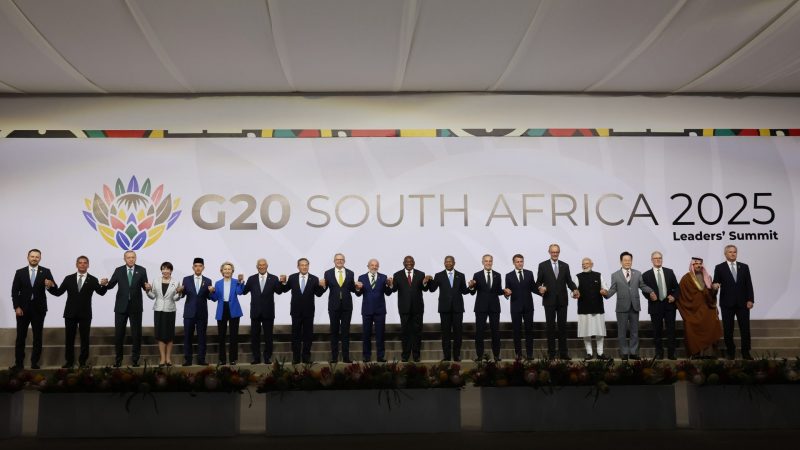In this podcast, SAIIA looks at the upcoming national elections in the Kingdom of Swaziland. The first round of elections began against the backdrop of continuing economic difficulties in Swaziland. The final round of parliamentary elections will take place on 20 September 2013 and King Mswati III, Africa’s last absolute monarch, will subsequently appoint a new government.
We speak with Alex Vines, Head of the Africa Programme at Chatham House. He and his colleagues have just released a report on the political and economic landscape in Swaziland, based on their recent field work there.
Click on the video above to watch the interview, or click here to download the audio podcast version on Podhoster.
We ask him:
- Your report is entitled: “Swaziland: Southern Africa’s Forgotten Crisis.” Why a crisis?
- You say the situation is unsustainable. I presume you mean in part economically. Can you elaborate?
- King Mswati III’s recently talked about his country being a “monarchical democracy”? What did he mean?
- Parliamentary elections are due to take place on the 20th of September. What can we expect from the ballot?
- What can South Africa and the international community at large do to improve the governance situation in Swaziland?
- In the report you say that Swaziland might have much to learn from Bhutan and Nepal. Can you tell us why?
This is number 16 in a series of video interviews by the South African Institute of International Affairs (SAIIA).
Related materials
- The Chatham House report, Swaziland: Southern Africa’s Forgotten Crisis, by Christopher Vandome, Alex Vines and Markus Weimer, September 2013
- The summary of a DIRCO briefing on the Current political situation in Swaziland, by the South African Department of International Relations and Cooperation, 4 March 2013.
- Media statement on an agreement to provide financial assistance to the Government of the Kingdom of Swaziland, by the South African Finance Ministry, 3 August 2011
- A new report from Freedom House, Swaziland: A Failed Feudal State







